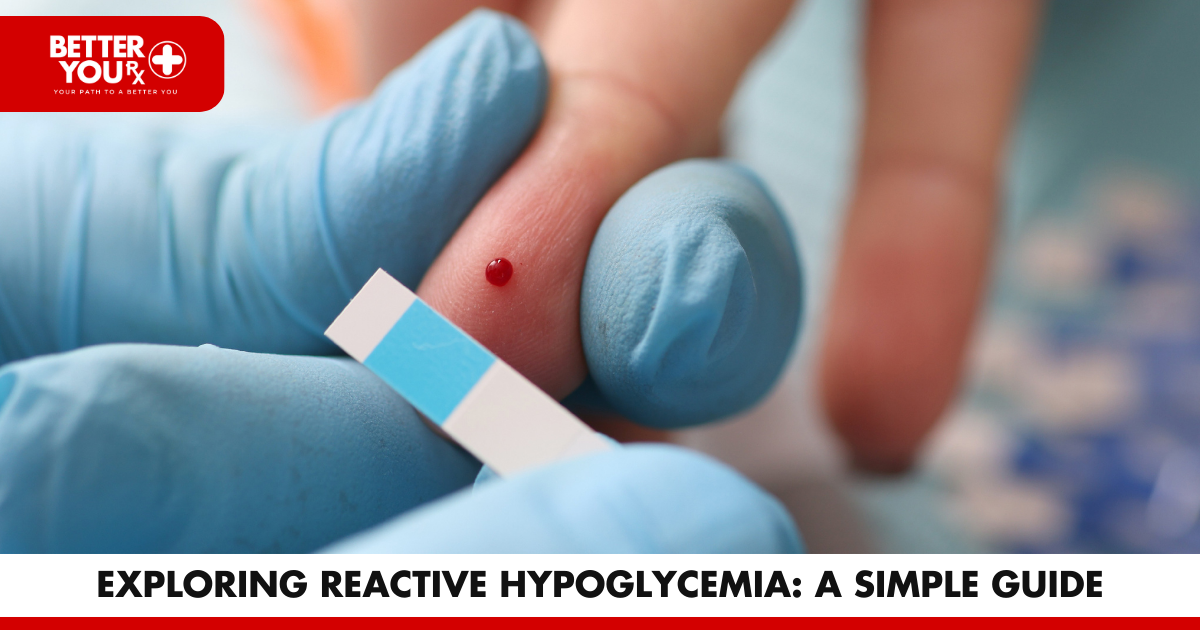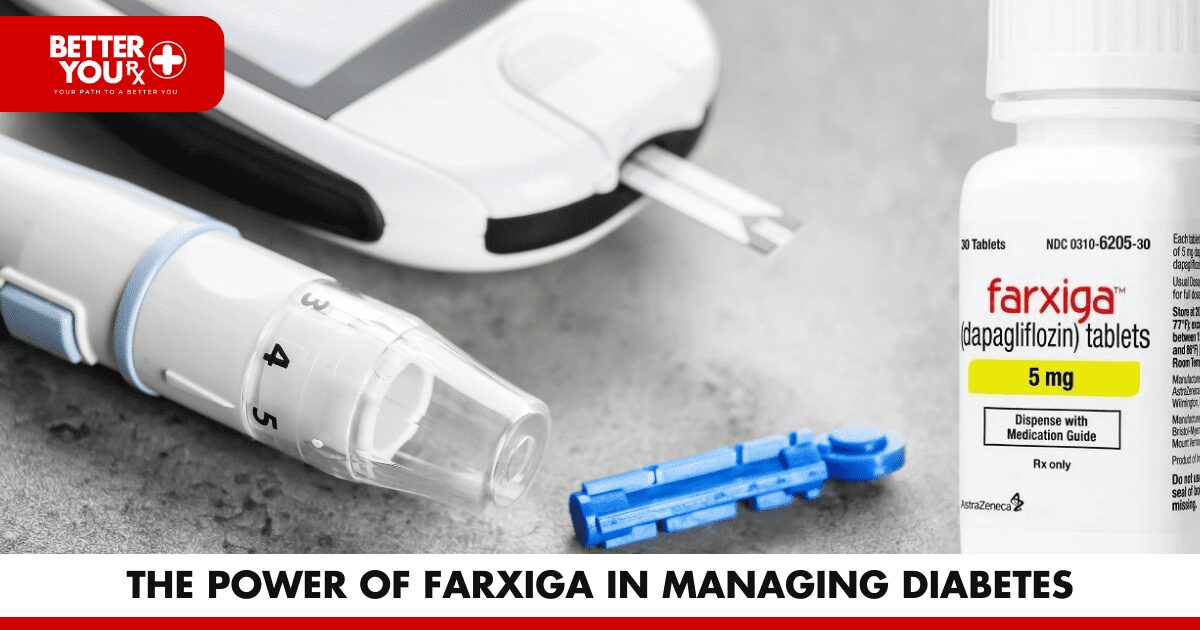The USA’s Trulicity Shortage
The Trulicity scarcity has been covered extensively by various news organizations. A medication called Trulicity was introduced to the market to treat type 2 diabetes, but up until recently, there wasn’t enough of it in the US and other countries. If you use Trulicity and are an American, you could be anxious due to the Trulicity scarcity. We will thus provide you with all the information you require concerning the Trulicity shortage right here. By the conclusion, you’ll comprehend how Trulicity works.
Describe Trulicity
Trulicity is a medication used to treat type 2 diabetes and is effective in bringing down patients’ blood sugar levels. In addition, type 2 diabetic adults are reported to experience fewer cardiovascular events because of it. Utilizing a pen applicator, you inject Trulicity into your skin once a week. Many Americans depend on the drug, which is provided by the pharmaceutical company Eli Lilly, to control their type 2 diabetes.
The Trulicity Shortage: When Did It Start?
Eli Lilly alerted the public that there was a Trulicity shortage in June 2022 due to an unexpected demand for the drug, which is when we first learned about it.
This unanticipated demand developed as a result of a shortage of Ozempic, a medicine with a similar mechanism of action. Numerous consumers were compelled to transfer to Trulicity due to a lack of Ozempic. Despite switching from Ozempic to a range of type 2 diabetes medications, many of them did so to Trulicity, which wasn’t what the drug’s makers had anticipated.
Is there any connection between this and the Ozempic Shortage in Oz?
Because so many celebrities and average people are using Ozempic to lose weight, there is a direct correlation between the Ozempic shortage and the Trulicity shortage. Many diabetes medications aid in weight loss because they lead you to feel less hungry and make your meal to digest more slowly.
Not all diabetic drugs, meanwhile, are recommended to aid in weight loss.
To put it another way, even while weight loss may be a side effect of diabetes treatments, not all drugs are approved for prescription as weight-reduction aids. As Ozempic is authorized to be used for weight loss, many people without diabetes are using the drug to help them shed pounds.
Because there is such a high demand for Ozempic, many patients with type 2 diabetes are unable to take the medication for their condition. The Ozempic manufacturers did not anticipate this significant rise in users to occur. Due to this, many Ozempic users now need to take Trulicity and other diabetes drugs.
What steps are being taken to address the Trulicity shortage?
A few things are being done to make sure that the drug is still given to people in need in order to decrease the number of Americans who are going without Trulicity. One effort being made by the firm is to distribute the drug fairly. To discover how to get more individuals on Saxenda so that more people can have Trulicity, many are also meeting with medical professionals and pharmaceutical workers.
Prescribers are conducting talks to see whether patients with diabetes who are not weight-loss enthusiasts would be eligible for Victoza, a drug with comparable functionality.
What is impossible to do about this shortage?
Unfortunately, since the pharmaceutical company is private rather than public, we cannot compel it to produce more Trulicity. Therefore, we are unable to request that the pharmaceutical business set a new quota in order to satisfy the increased demand. Trulicity’s manufacturer will be in charge of supply decisions; no one else. The same is true for Ozempic; as the maker is a private firm, we cannot compel them to produce more of the drug.
It is a straightforward supply and demand equation. The demand for these medications has skyrocketed (TikTok is to blame for that). The demand for drugs is outstripping supply, and pharma manufacturers are unable to keep up. Regrettably, unlike the Covid-19 vaccinations, these medications are typically not life-threatening, and government involvement would not affect their manufacturing process.
What steps is the drug maker doing to address the shortage?
Government officials are unable to compel the manufacturing of additional Trulicity, but the drug’s manufacturer is still attempting to increase output.
The drug’s producer has said that they are taking action to address the Trulicity supply situation because it is causing a lot of anxiety among consumers. In order to address the shortages that the public is presently experiencing, the medicine manufacturer claims that they are intending to begin producing twice as much Trulicity as they typically do. With this effort, it is hoped that Trulicity users would once more have access to their medication.
What Takes Place If I Am Unable to Access Trulicity?
It’s a good idea to get in touch with your doctor as soon as you can if you are unable to get your Trulicity prescription.
A physician will need to handle and evaluate your type 2 diabetes before you may find an alternative prescription that will work best for you.
If you’re unable to obtain Trulicity, there are several different treatment options available on the market that were developed to help manage type 2 diabetes. The good news is that.
It’s critical to remember that this scarcity is causing an increase in the number of patients seeking assistance from your doctors. To avoid going without medicine, you should speak with your doctor as soon as you can. In other words, if you still have Trulicity in your supply, start asking your doctor for advice right now. Don’t wait until you run out.
When Will the Trulicity Shortage End?
We do not anticipate that the Trulicity scarcity will end until after March 31st, 2023, despite the fact that things are susceptible to change and it is entirely likely that it will end sooner or later than this date. Eli Lilly announces that the manufacturer can give patients a more consistent supply of the medication on this date. Therefore, we cannot guarantee that you will have access to your Trulicity prior to that time.
Final Remarks
Avoid overreacting to the Trulicity shortage if you have type 2 diabetes. We are aware that pharmaceutical shortages can be stressful, but the shortfall is anticipated to end soon, and many people are working hard to make sure that all individuals with type 2 diabetes have access to the medications they require. Contact a healthcare provider if you’re concerned about your medicine supply so they can provide you with the most accurate and recent information.
Secure your diabetes management with confidence at Better You Rx pharmacy. Our commitment to your health extends beyond the Trulicity shortage. We understand the concerns and stress that come with medication scarcity, and we’re here to support you every step of the way.
Don’t let the Trulicity shortage disrupt your health journey. At Better You Rx, we’re dedicated to finding alternative treatment options, providing personalized solutions tailored to your needs. Our experienced team is here to guide you through this challenging time, ensuring you have access to the medications you require.
Trust us to be your partner in health, offering expert advice and compassionate care. The Trulicity shortage won’t last forever, and we’re here to bridge the gap until the situation improves. Reach out to us today to discuss your options and find the best solution for your type 2 diabetes management. Your well-being is our priority – let’s work together for a better you.









